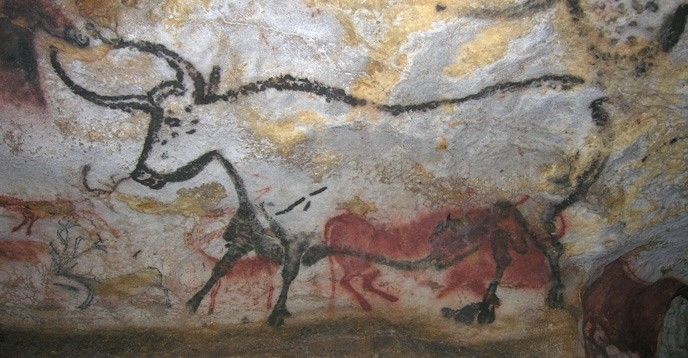|

(2016年5月26日)巴黎——联合国教科文组织、联合国环境规划署以及忧思科学家联盟(UCS)今天联合发布题为“气候变化下的世界遗产与旅游业”的报告,报告显示气候变化已经成为威胁世界遗产最重要的因素之一。
联合国教科文组织世界遗产中心主任Mechtild Rössler表示:“在全球层面,我们需要更好地了解、监控以及应对环境变化对世界遗产构成的威胁。正如报告所强调,实现巴黎气候峰会提出的目标,将全球气温每年升高的幅度控制在2摄氏度以内,将对为我们和后代保护世界遗产起到至关重要的作用。
新报告列出了位于29个国家的31处濒危世界自然和文化遗产,它们大多由于气温上升、冰川融化、海平面上升、多发气象灾害、日益严重的干旱现象以及更长的野火季而变得脆弱。报告记录了气候变化对标志性旅游景点的影响,如威尼斯、美国史前巨石柱、加拉帕哥斯群岛以及其他一些诸如南非的弗洛勒角、哥伦比亚的港口城市喀他赫纳以及位于日本的知床国立公园等世界遗产地。
报告主要撰稿人、忧思科学家联盟气候与能源项目副主任亚当·玛卡姆说:“目前气候变化对世界遗产的影响是全球性的。一些复活节岛上的塑像正因海岸侵蚀而面临被海水淹没的危险。由于气候的变化,很多世界上重要的珊瑚礁,包括那些在西太平洋的新咯里多尼亚海岛在内的珊瑚礁,都面临着史无前例的珊瑚白化威胁。气候变化甚至会逐渐让一些世界遗产失去价值。
因为世界遗产必须具备“突出的普遍价值”,因此报告建议,世界遗产委员会在将遗产列入世界遗产名录之前,应该认真考量气候变化是否会对入选景点产生潜在威胁这一因素。
New Report Shows World Heritage Icons at Risk from Climate Change
Climate change is fast becoming one of the most significant risks for World Heritage sites, according to the report “World Heritage and Tourism in a Changing Climate”, released today by UNESCO, the United Nations Environment Programme (UNEP), and the Union of Concerned Scientists (UCS).
"Globally, we need to understand, monitor and address climate change threats to World Heritage sites better,” said Mechtild Rössler, Director of UNESCO’s World Heritage Centre. “As the report’s findings underscore, achieving the Paris Agreement’s goal of limiting global temperature rise to a level well below 2 degrees Celsius is vitally important to protecting our World Heritage for current and future generations.”
The new report lists 31 natural and cultural World Heritage sites in 29 countries that are vulnerable to increasing temperatures, melting glaciers, rising seas, intensifying weather events, worsening droughts and longer wildfire seasons. It documents climate impacts at iconic tourism sites—including Venice, Stonehenge and the Galapagos Islands—and other World Heritage sites such as South Africa’s Cape Floral Kingdom; the port city of Cartagena, Colombia; and Shiretoko National Park in Japan.
“Climate change is affecting World Heritage sites across the globe,” said Adam Markham, lead author of the report and Deputy Director of the Climate and Energy Program at UCS. “Some Easter Island statues are at risk of being lost to the sea because of coastal erosion. Many of the world’s most important coral reefs, including in the islands of New Caledonia in the western Pacific, have suffered unprecedented coral bleaching linked to climate change this year. Climate change could eventually even cause some World Heritage sites to lose their status.”
Because World Heritage sites must have “Outstanding Universal Value,” the report recommends that the World Heritage Committee consider the risk of prospective sites becoming degraded by climate change before adding them to the List.
本文原载:联合国教科文组织官网
文章来源:UNESCOPRESS
【本文责编:孟令法】
|






